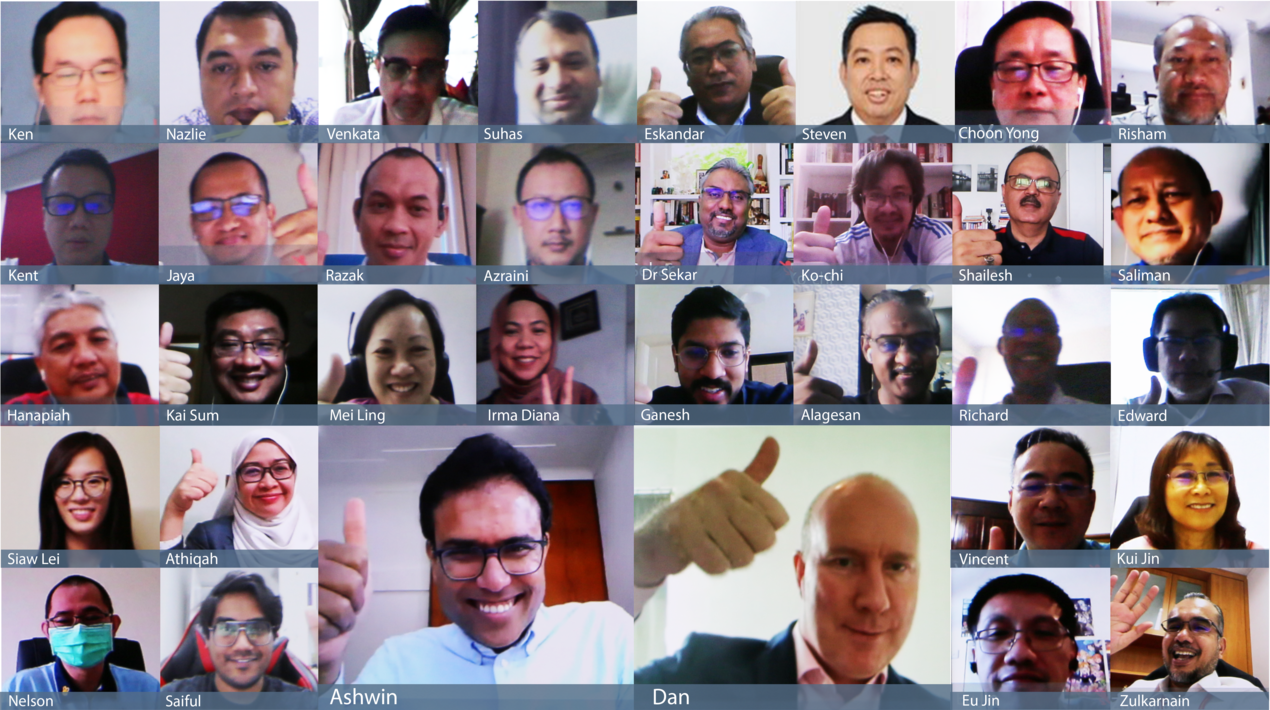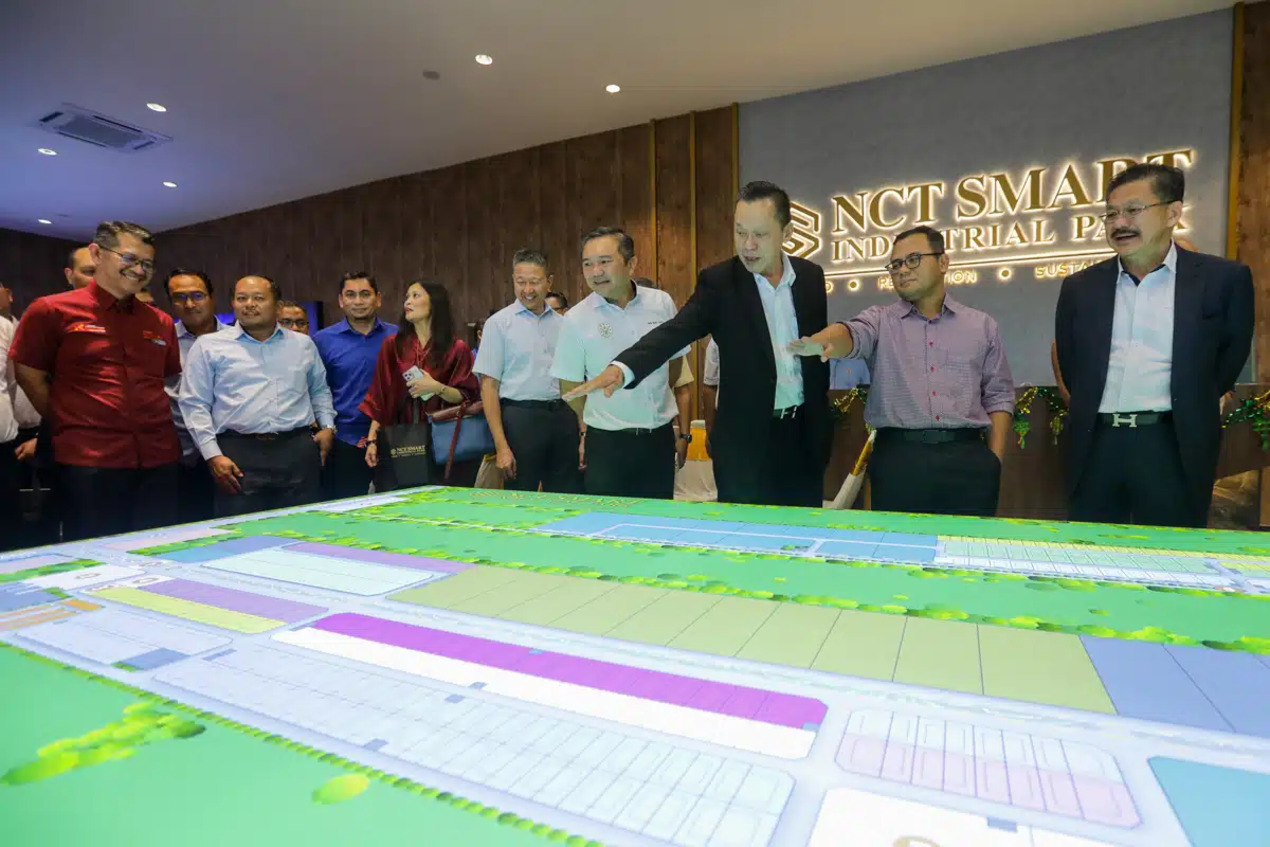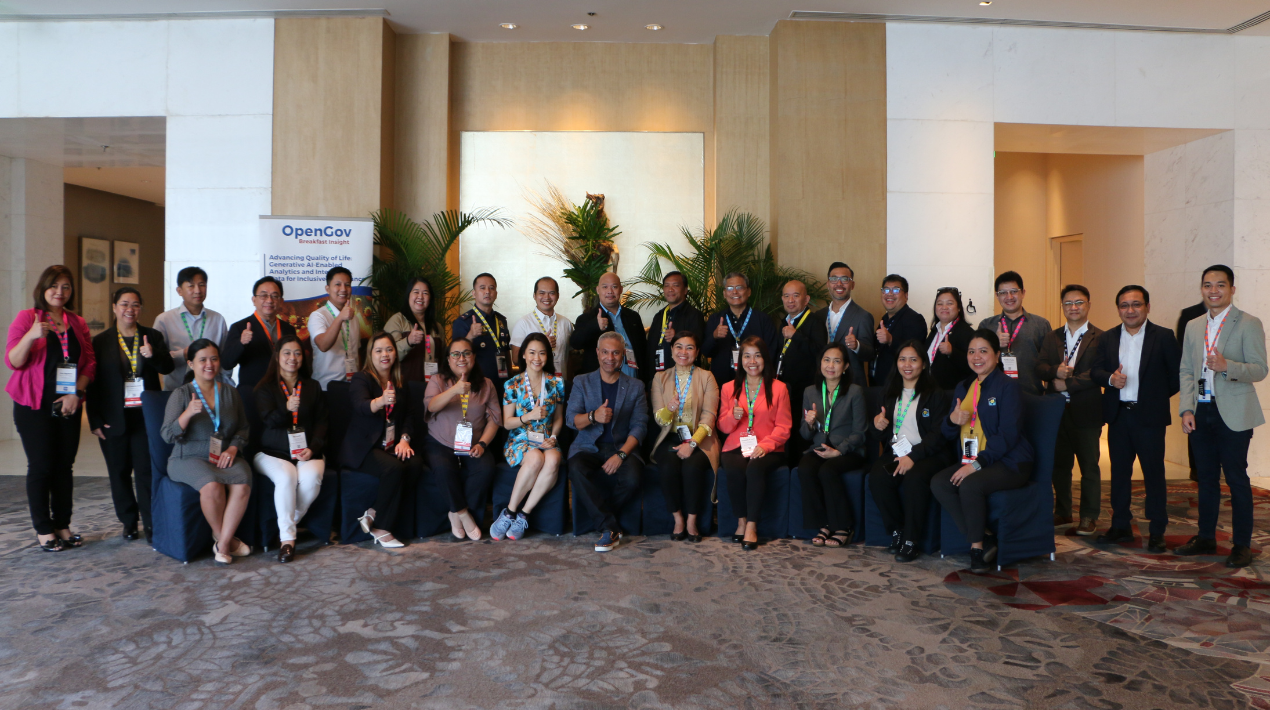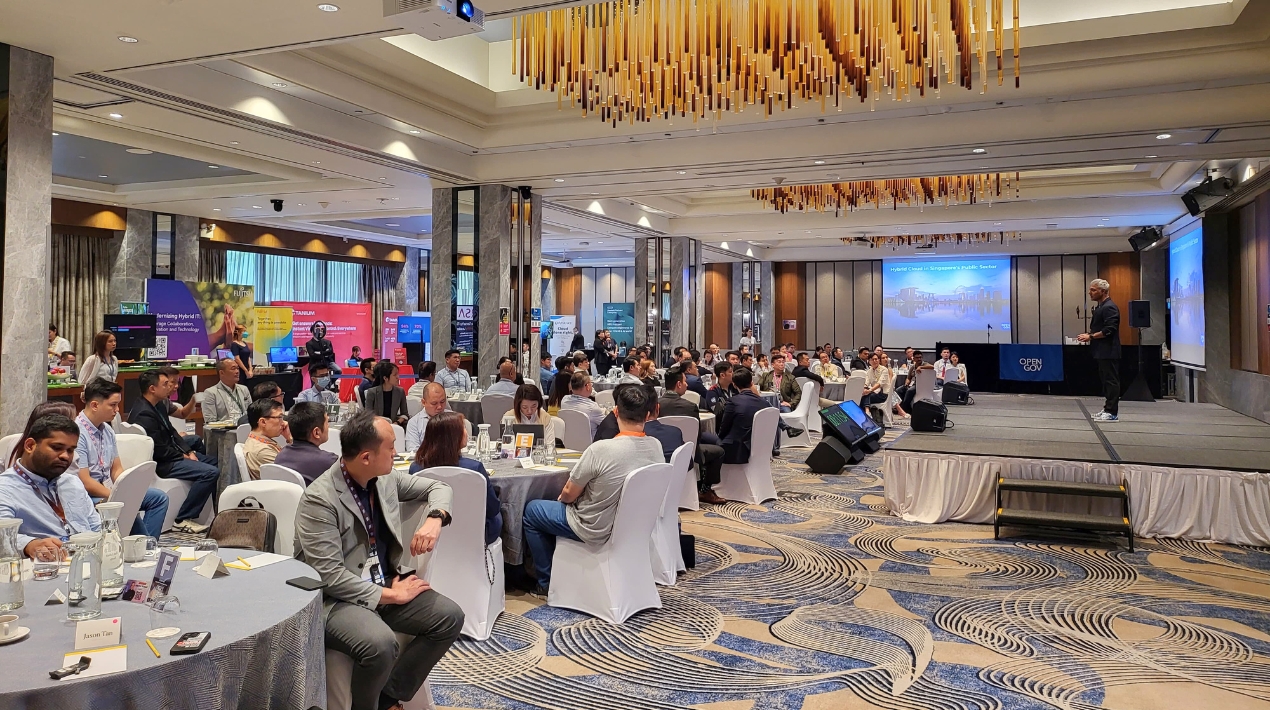
Today, businesses in all industries can cultivate deeper relationships with customers by leveraging digital technology. To reap the benefits of such tech, it is important to select the best solutions and tailor programmes to specific customer demands and preferences.
As data becomes an increasingly important asset in digital banking, critical technology architecture must include a frictionless process layer for banks of the future to deliver an exceptional digital customer experience. Technological advancements have greatly improved financial service providers’ ability to capture, store, combine, and analyse a much broader range of customer data, ranging from the current or previous location to customer behaviours and preferences.
As programmes and devices get smarter, special purpose applications will become more adaptable and self-configuring. Algorithms will improve as they are used and will contain mechanisms to optimise over time. This “machine learning” is a broad concept representing dozens of approaches and algorithms for improving how the technology performs.
The acceleration of digital transformation during the pandemic has contributed to the fast evolution in data architecture which enables the use of appropriate production and channel to provide better customer experiences.
This was the focal point of the OpenGovLive! Virtual Breakfast Insight on 23 July 2021 – a closed-door, invitation-only, interactive session with Malaysia’s top financial institutions. The session aimed to provide the latest information on delivering an effective and efficient customer experience.
This virtual event presented recent research and real-time case studies on how data will shape and drive the future of banking, as well as how businesses can transform with real-time data and advanced analytics to guide decisions and drive new revenue streams.
Finding Partners to leverage Data and Technology

To kickstart the session, Mohit Sagar, Group Managing Director and Editor-in-Chief at OpenGov Asia delivered the opening address.
While the adoption of various technologies increased significantly during the pandemic, the solutions cannot be referred to as digital transformation because organisations, for the most part, relied on band-aid technologies and ad-hoc platforms to stay afloat.
With the remote working models in play early into the pandemic, people have grown accustomed to accessing at any time on any platform with any device – courtesy of the retail businesses. The retail sector has embraced personalisation and has transformed itself in a variety of ways including accessibility, options, ease-of-business, and security. Customer expectations built on the retail service delivery model has deeply impacted the financial and public sectors.
No doubt, at least early on, Mohit emphasised, retail companies have seen gains when compared to the finance sector. It would behove the sector to have wider and more comprehensive digital offerings that provide an efficient, seamless experience to clients.
Mohit also highlighted the importance of collaboration in data security and recovery.
Finding the right partners is critical in recovering critical data from organisations. Having competent partners who can focus on data protection, data recovery and compliance needs against a host of cyber threats allows businesses to concentrate on their primary tasks and key deliverables.
Technology & Data Strategies

Dan Brassington, Chief Technical Advisor APAC, Splunk discussed how companies use technologies as an enabler where data is going to be the new fuel in the digital transformation.
Data exhaust from product interactions will become a source of value for businesses that previously relied on commodity goods revenue. The optimisation of multi-vendor sensor and equipment ecosystems will provide new sources of value and efficiency. Understanding, interpreting and leveraging data that drives these processes and is emitted by devices and systems of devices, will be a major challenge for enterprises dealing with the current information deluge
Dan elaborated on the fundamental shifts in perceiving data, that has been driven by COVID-19 in an unprecedented manner. The first is forced adoption, in which online, mobile and call centre channels are crucial in leveraging and communicating with customers.
The tipping point was when retail transitioned to digital and contactless payments as well as how companies think about the data behind their customers’ journeys.
Overnight virtualisation is another key fundamental shift that occurred as a result of the pandemic. As most businesses shifted to remote working, they urgently needed to leverage data and technology. Over and above this, they had to learn to enable and empower people in the process to work symbiotically.
Apart from realising that data is one of the most valuable assets, future processes must also be digitised. “It is not just about digitising the channels, but also about digitising the entire environment.” Dan opined.
As evolution takes place, businesses must become more resilient, considering market structures and national economics. He acknowledged that most CIOs believed that their digital transformation would most likely take more than 3-5 years, with no real endpoint.
Businesses are advised to consider their technology and data strategies. As data becomes the new oil, they must reconsider their plans for leveraging, mining and, most importantly, using data to drive customer interaction and experience.
In closing, Dan highlighted four pillars that companies could build a winning cloud strategy on:
- Provide a better app experience – developers need to be able to innovate anywhere.
- Get value from 100% of your data – in the digital economy, powering applications and gaining insights from analytics means being able to leverage data from the edge to the cloud.
- Deliver digital services everywhere – as every aspect of the business goes digital, ensuring services at the edge and SaaS applications are working properly requires a new kind of thinking.
- Protect your most valuable assets – data drives the modern business and downtime and data loss can be costly.
International Case Study

The next speaker Ashwin Sinha, Chief Data Officer, Macquarie Bank shared his organisation’s data transformation journey. He explained that the bank had focused on 3 key fundamental areas – simplification, client and employee experience, and risk management.
While data practitioners consider solving a data problem to be a major challenge, Macquarie Bank’s goal was to hold product heads accountable. The approach was more focused on fraud prevention and financial crime. The bank used several machine learning methods and applications, resulting in significant commercial and risk benefits for the company.
Accelerating cloud migration is the first step on the journey towards digital transformation. It enables banks to redirect time previously spent on running and maintaining expensive IT infrastructure to activities that are more crucial to the company. It also makes it easier for them to collaborate with fintech organisations.
If fintech companies want to connect to non-cloud banks, both parties must go through a lengthy and complex process, not once but multiple times if they are partnering with more than one player. Banks, on the other hand, can offer Application Programme Interfaces (APIs) that are much easier for such companies to connect to once they are in the cloud. This is significant because when banks and fintech organisations collaborate and capitalise on each other’s strengths, they will thrive. They can deliver a best-in-class customer experience and strengthen their collective offerings.
Ashwin felt in this era, where everything is based on cloud, it was fundamental for companies to shift to a robust and reliable environment. Cloud adoption is transforming rapidly and flexible data architecture is essential to efficient growth as is the application of machine learning in data infrastructure. Further, governance is a critical aspect in holding accountability.
In closing, Ashwin urged companies to groom talent and skillsets in this area. He also agreed wholeheartedly with what Mohit said in his opening address about finding the right partner for collaboration.
Interactive Discussion
After the informative presentations, delegates participated in interactive discussions facilitated by polling questions. This activity is designed to provide live-audience interaction, promote engagement, hear real-life experiences and impart professional learning and development for participants.
The first question asked how mature was the cloud strategy for the organisations. About half of the delegates (48%) indicated that they are still evaluating cloud and experimenting with different options. Just under a third (30%) said that they have a defined cloud strategy and are starting to implement it. Only 15% said they have a comprehensive cloud strategy and were well along with implementation.
The next query asked what the main drivers for data analytics and data-driven capabilities within organisations were. A majority (60%) felt that it was to gain better insights and to create a personalised customer experience. Just under a quarter (24%) said that it helps generate additional revenue through highly targeted marketing strategies. Only 16% went with risk mitigation in improving the employee experience.
The third question inquired about the challenges that financial institutions faced with getting data insights. Half the group (50%) felt that disparate data sources from multiple data silos were an issue. Over a third (36%) voted for a shortage of staff who understand big data analytics. About a tenth (11%) went with data storage and quality while just 3% noted that there was no proper software for data analytics in its company.
On being asked about how important digital transformation was to the company, an overwhelming majority (93%) acknowledged that it was very important and that they are undergoing transformation currently. In the same vein, 7% indicated that it is important, but there are constraints.
The next question on customer-centric organisations and customer experience had delegates fairly evenly divided. Under a third (32%) believed that their company designs and offers the right services, products and experiences to the right customers. Another 32% said they ensure customer requirements are filtered through to capabilities – as such, processes, capabilities and systems are systematically aligned to customer needs. About a quarter (23%) felt that their organisation understood who “banks with us “– the market, types of customers and how the needs of customers differ. Only 13% voted that they were a collaborative organisation, where top-down and bottom-up decisions are aligned.
The last question enquired about the main challenge companies face when implementing digital strategy. Just over half (52%) indicated that legacy technologies lacking integration capabilities were their main challenge. Under a third (30%) voted inflexible business processes and teams and 15% went with a lack of properly skilled teams. Only a minor fraction (3%) said regulatory constraints was their main challenge.
Conclusion
Companies are frequently reluctant to implement new technology because they do not know where to begin. Customers may experience digital frustration if effective technology applications and capabilities are not in place. This may lead them to switch to other options that are easier and provide better interactions. Organisations that lack innovation may face an uphill battle to maintain market share and could struggle to grow their business.
Dan Brassington closed the session by emphasising how important the use of data technology is and for the companies to start adapting to it.





















